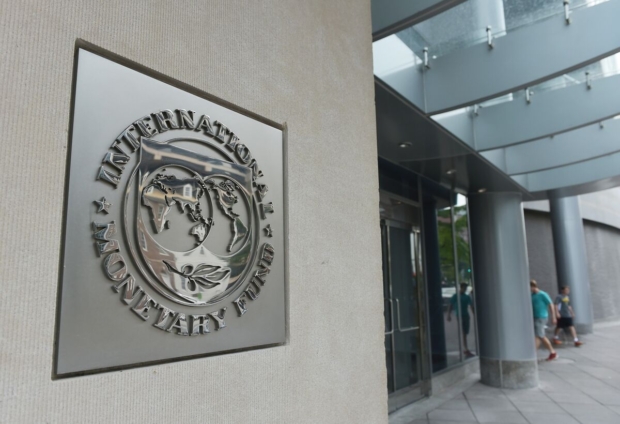Ghana’s macroeconomic outlook remains positive but subject to significant downside risks, the International Monetary Fund has revealed in its Second Review of Ghana’s Extended Credit Facility Programme.
The risks it said stem mainly from a deterioration of the external environment, delays in the implementation of the authorities’ comprehensive debt restructuring, and policy and reform slippages ahead of the end-2024 general elections.
The Fund said the programme performance has been generally strong.
"Notwithstanding the remarkable progress thus far, some challenges remain. Fully and durably restoring macroeconomic stability will require continued efforts to mobilize higher domestic revenue, control government spending, further reduce inflation, and rebuild international reserves. More progress is also needed towards tackling financial sector legacy issues and improving foreign exchange market operations", the report said.
The December 2023 Performance Criteria (PCs) and all Indicative Targets (ITs) showed that all but the one on accumulation of payables were met.
The report revealed that the end-March 2024 Indicative Targets on the accumulation of net international reserves was missed given the difficulties in the cocoa sector and frontloaded energy sector payments, while the end-March ITs on non-oil revenue and social spending were missed due to temporary factors.
However, four out of six Structural Benchmarks (SBs) through end-May 2024 were met. The end-March 2024 SB on the design and launch of a plan to address NIB’s solvency challenges was implemented with a delay.
The Fund also said more time was needed to discuss with Fund staff the amendments to the Bank of Ghana Act (end-May 2024 SB).
The second review discussions focused on advancing fiscal consolidation, while protecting the vulnerable, maintaining a tight monetary policy and promoting a flexible exchange rate to bring inflation back to single digits and rebuild foreign reserves, reforming policy frameworks and institutions to entrench macroeconomic stability and debt sustainability; preserving financial stability in the wake of the domestic debt restructuring; strengthening governance and transparency and bolstering private sector-led and inclusive growth.
Latest Stories
-
Empower360 completes third training session for 30 young women under Ghana Grows Program
43 minutes -
Sudan: A new gov’t amid escalating military-political conflicts and a deepening humanitarian crisis
46 minutes -
National Vaccine Institute makes impressive strides, activate measures for drug production
51 minutes -
Ministry of Works and Housing signs MoU for water exploration in Ghana
1 hour -
Tree for Life initiative takes off
2 hours -
FDA destroys counterfeit pharmaceutical products worth GH₵42m
2 hours -
First responsibly mined Ghanaian gold bars presented to Asantehene
3 hours -
Two notorious robbers jailed for a series of attacks in Wa
3 hours -
Ofori-Atta must first be arrested before any trial in absentia – OSP clarifies
3 hours -
QNET reaffirms ethical business practices following false media allegations in Ghana and Burkina Faso
3 hours -
OSP declaring Ofori-Atta wanted over bruised ego – Miracles Aboagye
3 hours -
OSP must necessarily be aggressive but presumption of innocence is fundamental – Kofi Bentil
3 hours -
I wouldn’t return to Ghana if I were Ofori-Atta – Miracles Aboagye on OSP case
4 hours -
I won’t advise Ofori-Atta to return to Ghana – Kofi Bentil
4 hours -
OSP has overreached his bounds; I won’t advise Ofori-Atta to return – Kofi Bentil
4 hours

